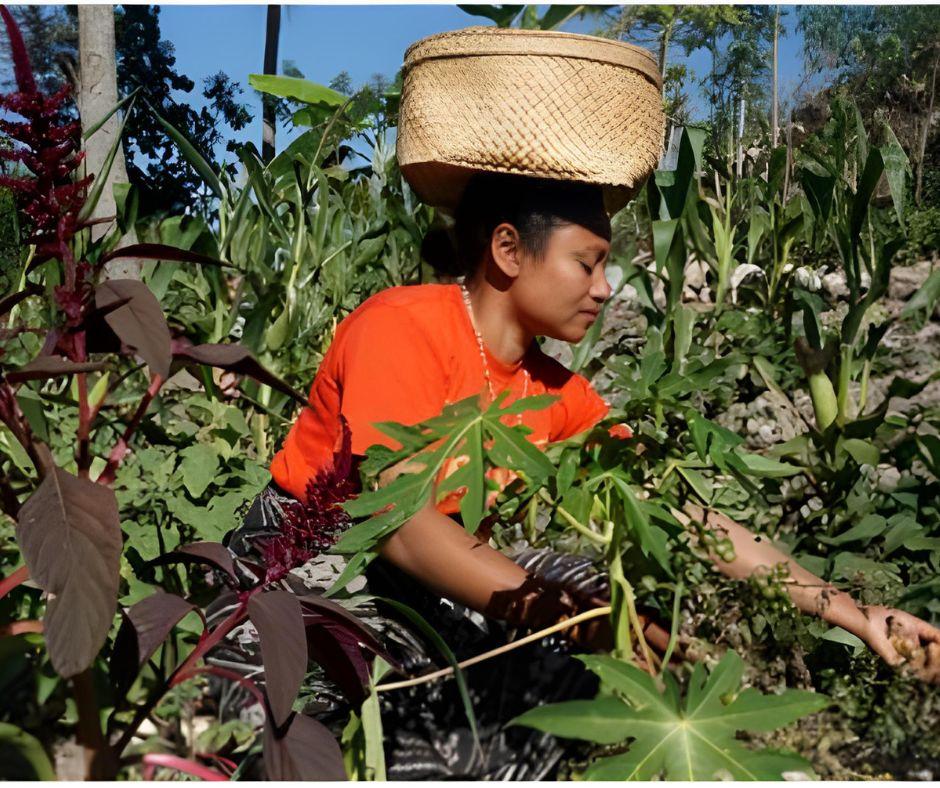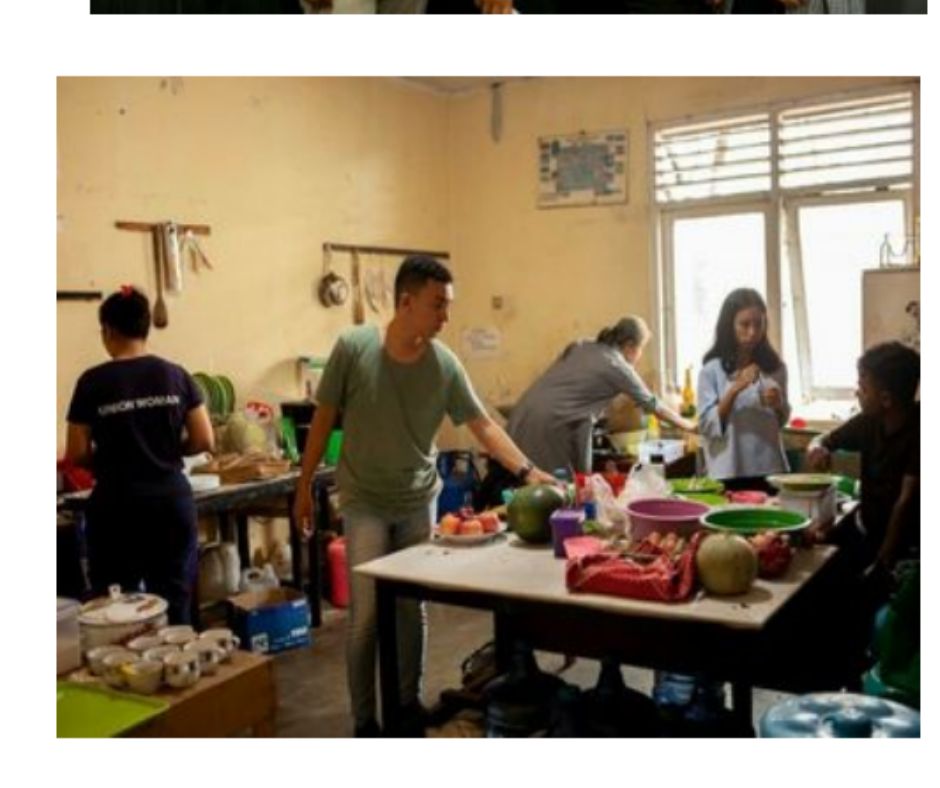
“The result of this project is not something that can be seen in a short period. But the cookbook, the website, and the support from women in villages—those are just the beginning.”
The goal of the project is to develop and test a recipe collection to assist in making local food a popular option for local food businesses and home-cooks in Kupang City and provide a sustainable market for local food farmers
Main Objectives:
- To create innovative local food menu to preserve local food recipes as part of NTT culture and breakdown stigma about local food in society
- To create local food demand in Kupang city
- To provide a resource that can be used in government ant other local food initiatives. Eg. “No rice one day”
- To strengthen PIKUL’s credibility as the organization that supports local farmers through local food.
- To develop relationships with food businesses in Kupang as a first step towards creating a Local Food Business Network
The Food, Land, and People project, implemented by Yayasan Pikul under the leadership of Ester Elisabeth Umbu Tara, aimed to preserve and promote local food culture in Kupang City, East Nusa Tenggara (NTT), Indonesia. The project focused on developing and testing a collection of traditional recipes, adapting them for modern use, and creating a sustainable market for local farmers. Through the initiative, 15 innovative local food recipes were created with the help of professional cooks, and a food-tasting event (BAPALOK) engaged over 50 participants, with 92.3% expressing interest in cooking the dishes at home. Despite challenges posed by the COVID-19 pandemic, the project successfully transitioned from an in-person book launch to an online platform, ensuring the continuity of local food promotion. The final outcome included a printed cookbook, a website, and an ongoing social media campaign that reached over 500 people.

Beyond food promotion, the project made significant economic and social impacts by supporting local farmers and strengthening women’s roles in food sustainability. A small business initiative was established to market locally grown sorghum, while connections were built with culinary schools and government stakeholders to integrate local food into larger initiatives like "No Rice One Day." The project also strengthened PIKUL’s credibility as an advocate for local food sustainability, fostering relationships between rural producers and urban consumers. While some objectives, such as developing a full-fledged Local Food Business Network, are still in progress, the project has laid a strong foundation for preserving food culture, increasing awareness, and fostering economic opportunities for local farmers in Kupang. Future plans include expanding online resources, engaging culinary schools, and strengthening partnershipsto further grow the impact of local food initiatives.

